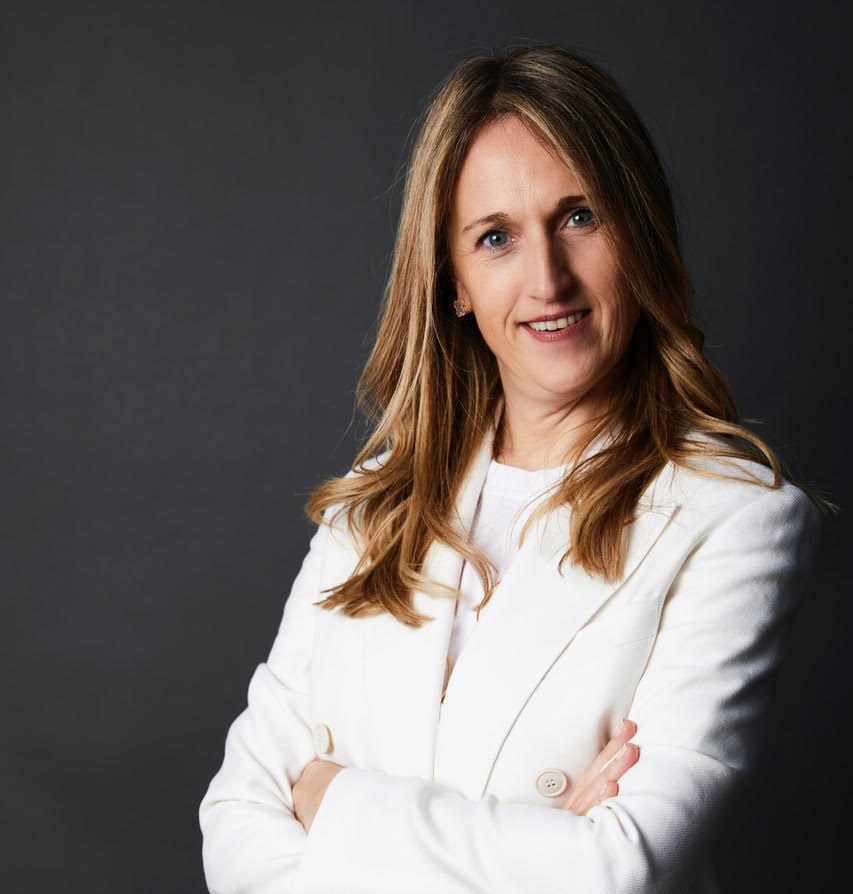In an era where luxury travel increasingly values meaning over material excess, few properties embody this shift better than Dar Tantora The House Hotel in AlUla. Honoured by both TIME Magazine as one of the World’s 100 Greatest Places and featured in Condé Nast Traveler’s 2025 Hot List, the boutique hotel has become a symbol of culturally rooted hospitality done right – and of Saudi Arabia’s rising profile in global tourism.
ArabiaTravelNews.com spoke to Marloes Knippenberg, CEO of Kerten Hospitality, to explore the deeper vision behind the project, its impact on the local community and how it fits into the Kingdom’s evolving tourism narrative.
Q: Dar Tantora recently earned recognition from TIME and Condé Nast Traveler. What does this mean for the property and for Saudi Arabia’s positioning as a travel destination?
A: It’s an incredible honour, not just for us, but for Saudi Arabia as a whole. To see a homegrown concept from AlUla, restored using traditional techniques, featured among the world’s most iconic hotels is powerful. It signals that Saudi Arabia is not only on the map, but leading when it comes to immersive, experience-driven travel. It also validates our mission to deliver soulful hospitality rooted in culture, craft and community.
Q: How does this recognition shift perceptions of Saudi Arabia within the global luxury space?
A: It reframes what luxury means in this region. Dar Tantora shows that luxury isn’t about opulence — it’s about depth, authenticity and a connection to place. For discerning travellers, it positions Saudi Arabia as a destination where heritage and storytelling are as much a part of the journey as comfort or design.
Q: Tell us about the hotel’s philosophy. How does it differ from more conventional luxury hospitality models?
A: We intentionally move away from extravagance. At Dar Tantora, luxury is defined by emotional connection, not marble floors. Everything – from the mudbrick restoration led by architect Shahira Abdel Razek to the community-curated experiences – is designed to evoke memory and mindfulness. Guests don’t just stay in AlUla, they feel part of its story.
Q: The property sits within AlUla’s Old Town. How does Dar Tantora contribute to its preservation?
A: The hotel itself is a preservation project. We worked with local artisans and heritage authorities to restore traditional architecture using authentic materials like palm wood and mudbrick. But more importantly, we brought life back to the Old Town, not as a museum but a living, breathing place, with history at its heart and community at its soul.
Q: How is that heritage embedded in the guest experience?
A: Guests experience it in every detail – whether it’s traditional Nabataean cooking techniques in our meals, guided storytelling under the stars, or the textures of the architecture. It’s not something they observe from a distance. They’re immersed in it, participating in a cultural journey rather than consuming one.
Q: Dar Tantora is deeply integrated with the local community. How does that align with Saudi Arabia’s Vision 2030 goals?
A: We’ve created an ecosystem of shared value. From hiring and training local talent to co-creating experiences with artisans, farmers and wellness practitioners, our model supports inclusive growth. This aligns closely with Vision 2030; especially the focus on empowering Saudi nationals and diversifying the economy through meaningful tourism.
Q: What kinds of curated experiences bring Saudi culture to life for your guests?
A: Everything from weaving workshops to desert journeys guided by locals. We want guests to connect with real stories — not a staged version of culture. Every moment is designed to reflect the traditions, rhythms and values of the community around us. Even the ingredients in our dishes tell a story.
Q: What’s next for Dar Tantora? Any innovations or upcoming initiatives?
A: We’re focused on evolving the cultural depth of the property. Think artist residencies, seasonal heritage programming and wellness experiences that connect guests with the landscape in a meaningful way. Sustainability and community inclusion remain core and we aim to become a model for how heritage hospitality can thrive in the modern era.
Q: Zooming out a bit, how is Kerten Hospitality shaping a modern, homegrown hospitality model across Saudi Arabia?
A: At Kerten, we don’t replicate hotels – we root them in place. In Saudi Arabia, that means working hand-in-hand with creatives, developers and local communities to shape experiences that reflect the Kingdom’s identity and ambition. Our role is to ensure every project is proudly Saudi, deeply respectful of its location and globally compelling.
Q: Looking ahead, where else do you see growth potential?
A: Heritage-rich destinations across Saudi Arabia and the wider region hold incredible promise. Our pipeline includes adaptive reuse projects, mixed-use lifestyle hubs and culturally led developments especially in secondary cities where we can drive real economic and social impact. Our goal is to keep evolving the definition of modern luxury through a purpose-driven lens.


